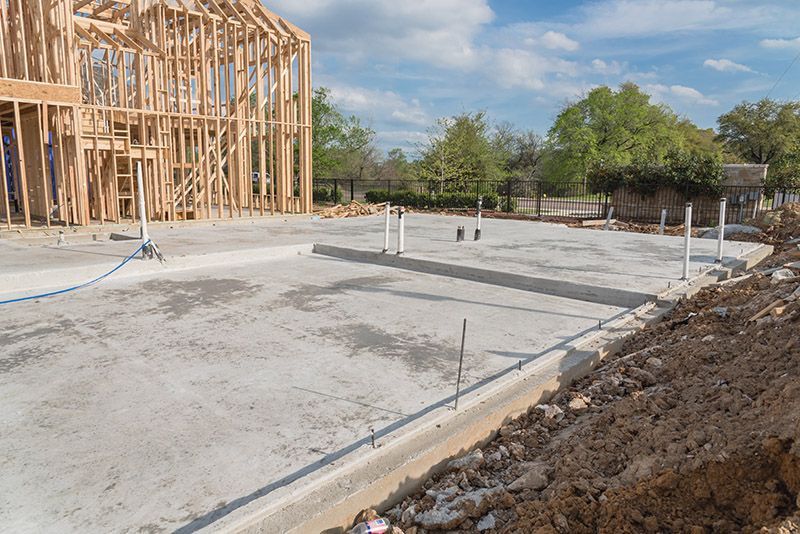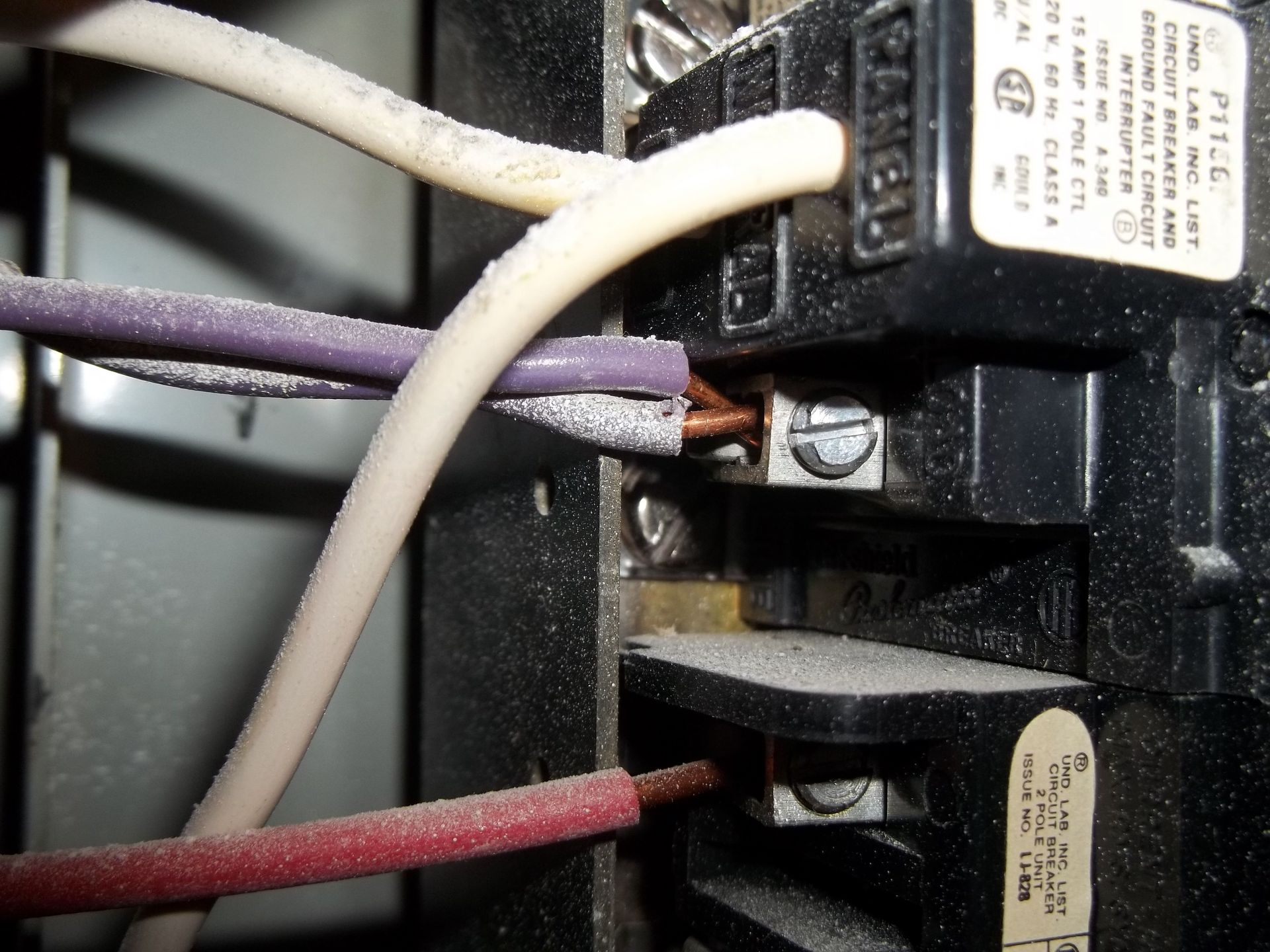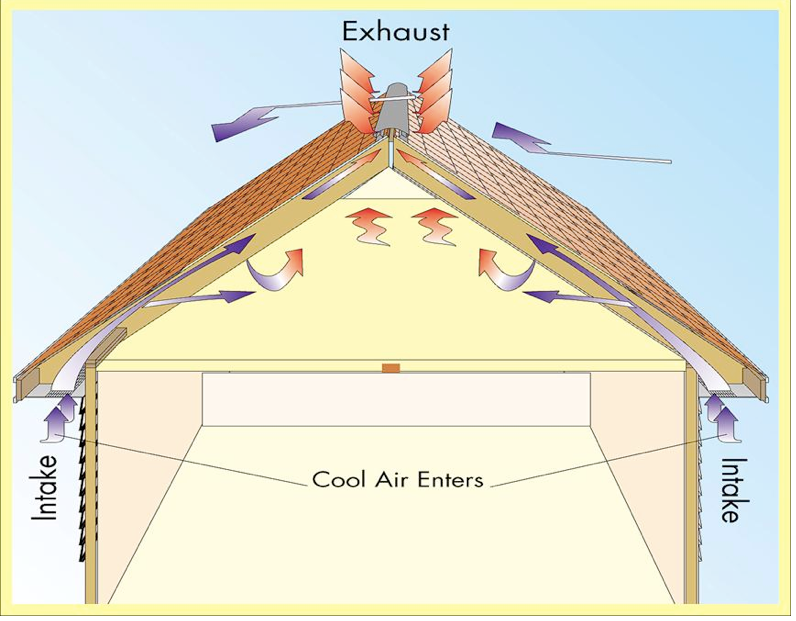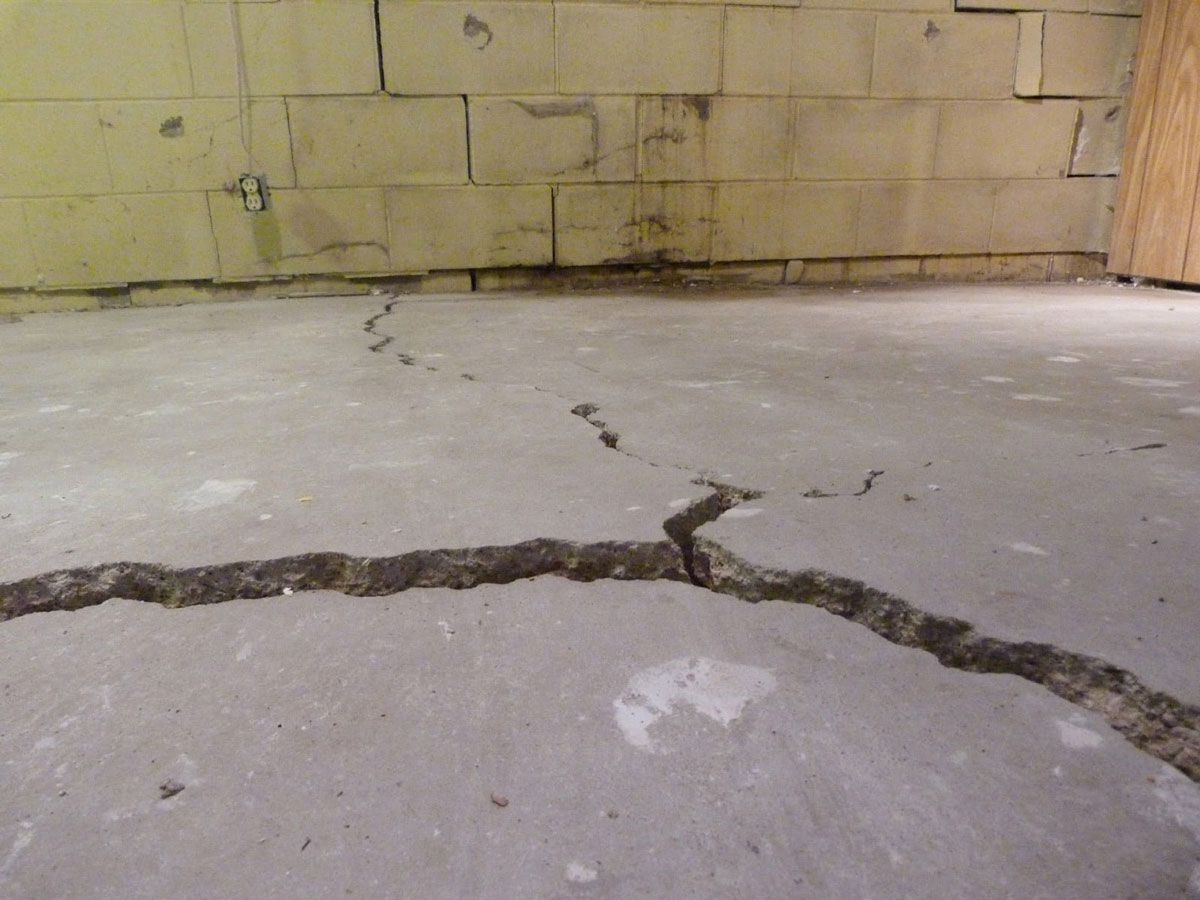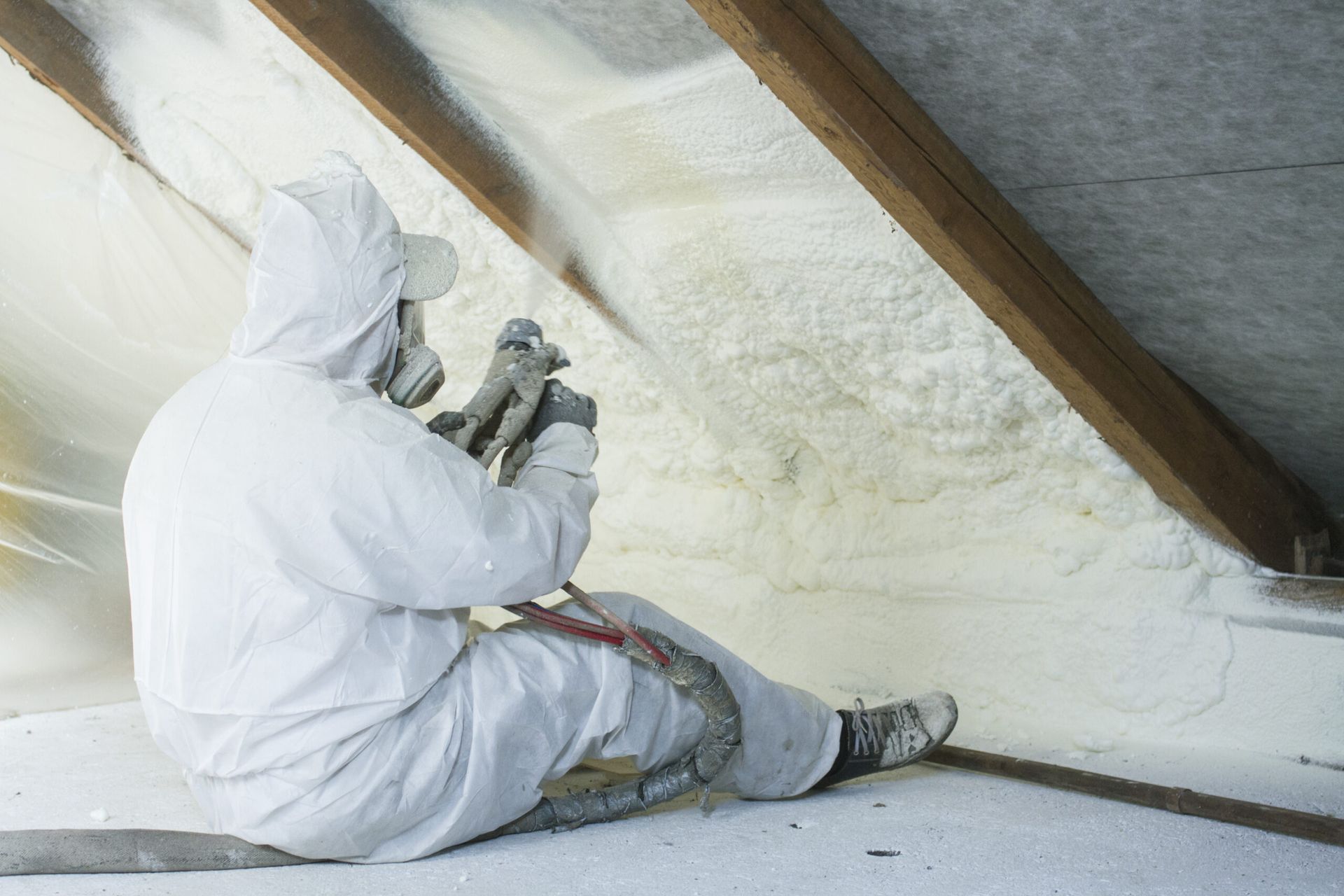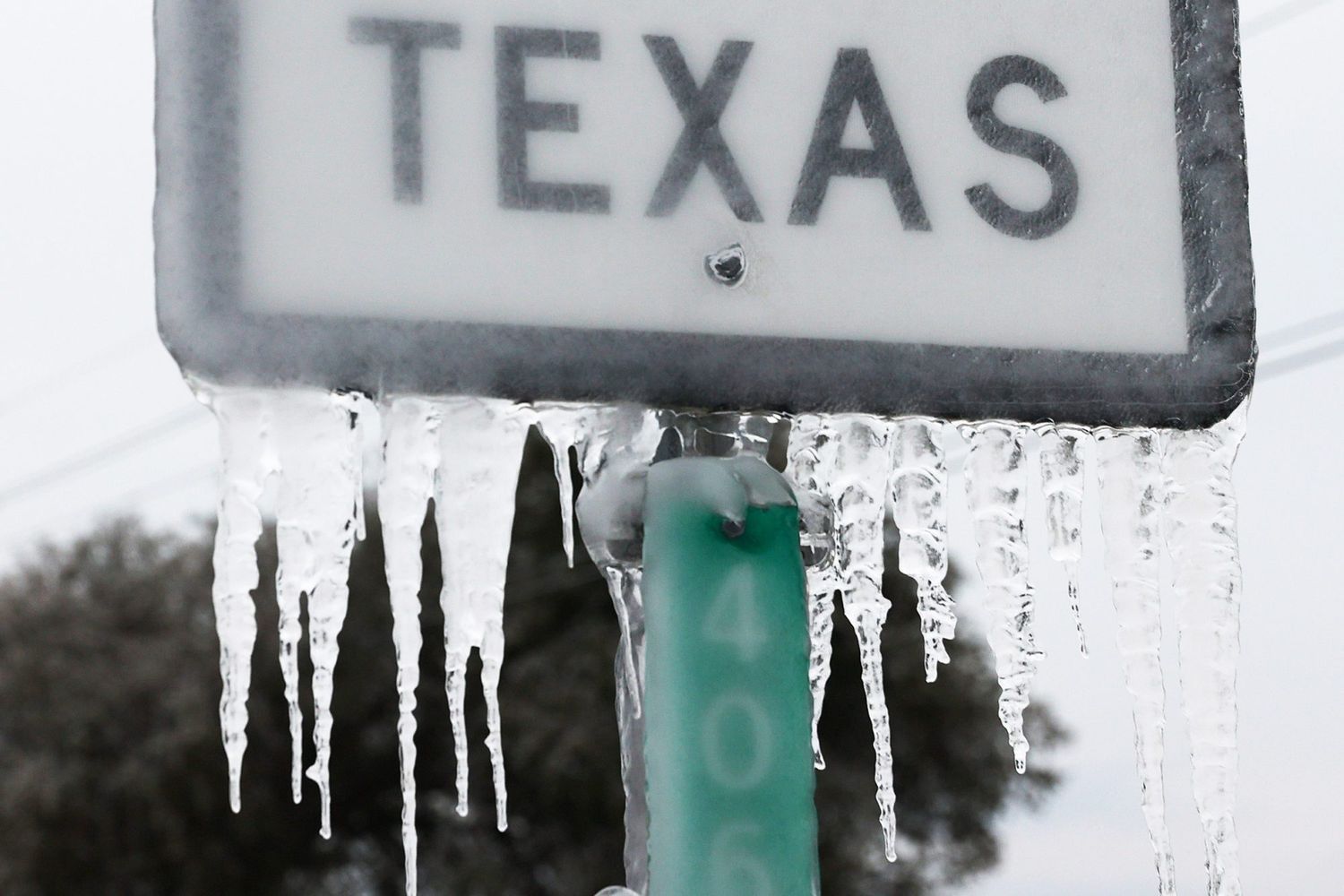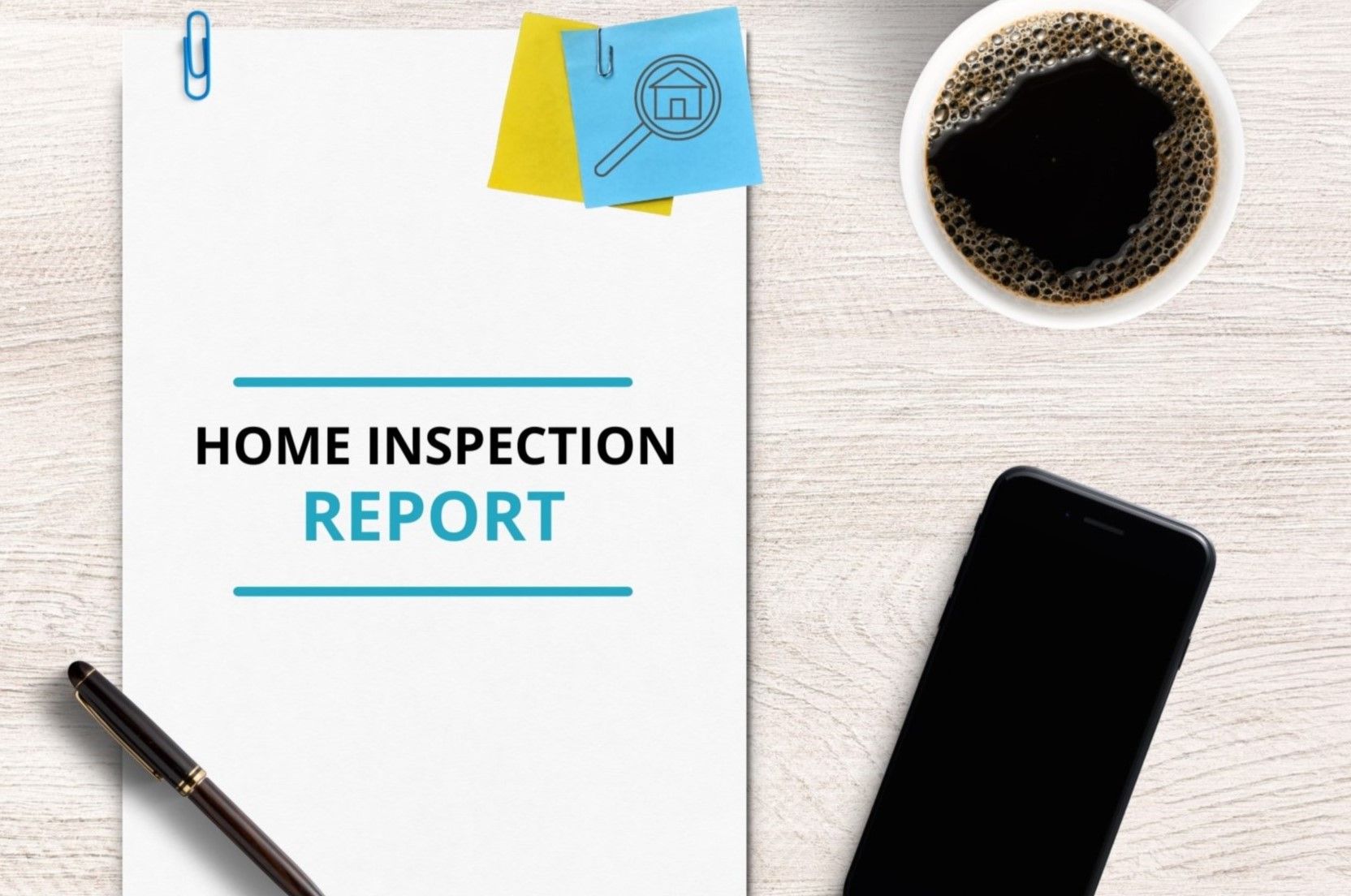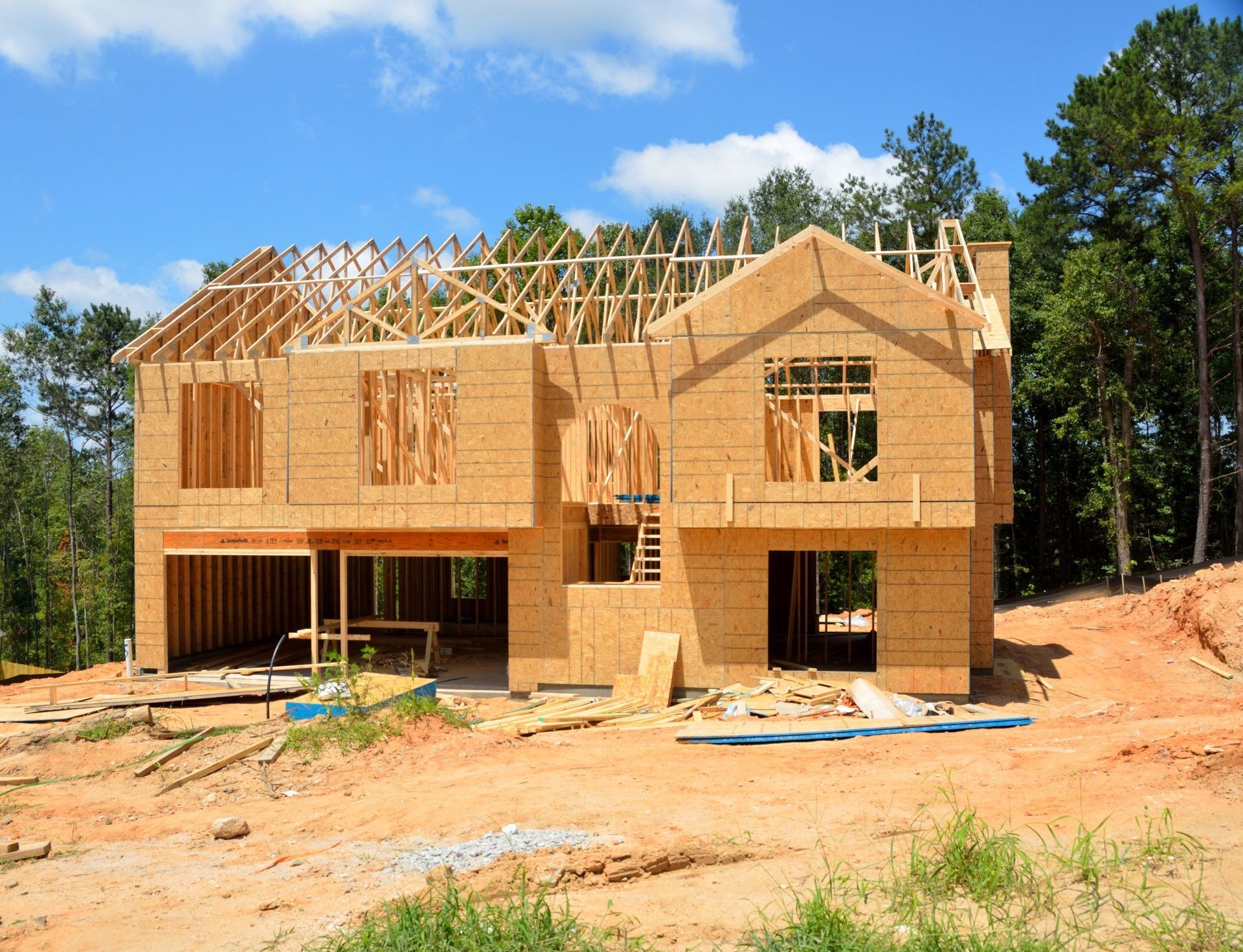Ross Nussle
June 10, 2025
What I Look for When Inspecting Your Future Pool
As a certified home inspector with years of experience evaluating pools, I’ve seen firsthand how a swimming pool can be both a dream feature and a potential headache for homebuyers. My job is to give you a clear picture of the pool’s condition, so you can make an informed decision without diving into costly surprises. Here’s what I, as a home inspector, want you to know about pool inspections, why they’re critical, and what I check for to ensure your pool is safe and sound.
Why I Urge Homebuyers to Get a Pool Inspection
When I walk onto a property with a pool, I know it’s not just a luxury—it’s a complex system that requires careful scrutiny. A pool inspection isn’t just about checking boxes; it’s about protecting you from safety risks and unexpected repair bills. Pools can hide issues like leaks or faulty equipment that might not be obvious to you or even your real estate agent. My goal is to uncover these problems, so you know exactly what you’re getting into. A thorough inspection can reveal safety hazards, save you thousands in repairs, and give you leverage to negotiate with the seller.
What I Inspect During a Pool Evaluation
When I inspect a pool, I’m methodical, covering every aspect of the system to ensure nothing is overlooked. Here’s what my process typically includes:
- Structural Components:
- I examine the pool’s shell—whether it’s concrete, fiberglass, or vinyl—for cracks, leaks, or signs of wear. Even small cracks can signal bigger problems down the line.
- The pool deck gets a close look for uneven surfaces, poor drainage, or damage that could pose a tripping hazard.
- I check tiles, coping, and other finishes for cracks or deterioration that might affect the pool’s integrity or appearance.
- Equipment and Mechanical Systems:
- I test the pump, filter, and heater to confirm they’re running smoothly. If the pump sounds like it’s struggling or the heater doesn’t fire up, I’ll note it.
- Plumbing is a big focus—I look for leaks, corrosion, or improper connections that could lead to water loss or inefficiency.
- Electrical components, like lighting and timers, are checked for safety and functionality. Faulty wiring is a red flag I never ignore.
- Safety Features:
- I verify that fences and gates are properly installed, especially if you have kids or pets. A non-compliant gate could be a a liability.
- Drain covers are inspected to ensure they meet anti-entrapment standards—a critical safety concern.
- If required, I confirm the presence of proper signage or safety equipment.
- Additional Features:
- If the pool has a spa, waterfall, or slide, I evaluate their condition and functionality.
- Pool covers and cleaning systems, like automatic cleaners, are tested to ensure they’re in working order.
Common Issues I Find in Pool Inspections
Over the years, I’ve seen my share of pool problems. Some are minor fixes, while others can be costly. Here are the issues I frequently encounter:
- Leaks: Slow leaks in the pool or plumbing are common and can lead to water loss or structural damage if not addressed.
- Worn-Out Equipment: Pumps, filters, or heaters nearing the end of their lifespan are a frequent find. Replacing these can be a significant expense.
- Safety Violations: Missing fences, outdated drain covers, or faulty gates often don’t comply, posing risks to your family.
- Surface Problems: Cracks, stains, or deteriorating liners can indicate neglect or structural issues that need attention.
My Advice for Homebuyers Post-Inspection
Once I hand you the inspection report, complete with photos and detailed findings, it’s time to take action. Here’s what I recommend:
- Review the Report Carefully: Go through my findings with your real estate agent or a pool contractor to understand the severity of any issues.
- Negotiate Wisely: Use my report to request repairs, a price reduction, or a credit from the seller. For example, if I find a failing pump, you might ask the seller to replace it before closing.
- Plan for Maintenance: Pools require ongoing care—cleaning, chemical balancing, and equipment upkeep. Budget for these costs to avoid surprises.
If I uncover major issues, like a significant leak or non-compliant safety features, I’ll advise you to get repair estimates from a pool professional. In some cases, the pool’s condition might be a reason to reconsider the purchase.
My Final Takeaway for Homebuyers
As a home inspector, my priority is ensuring you have all the information you need to make a confident decision. A pool can be a fantastic addition to your new home, but it’s my job to make sure it’s safe, functional, and worth the investment. By investing in a thorough pool inspection, you’re protecting your family, your wallet, and your peace of mind. If you’re buying a home with a pool, don’t skip this step—it’s the best way to dive into homeownership without getting in over your head.

